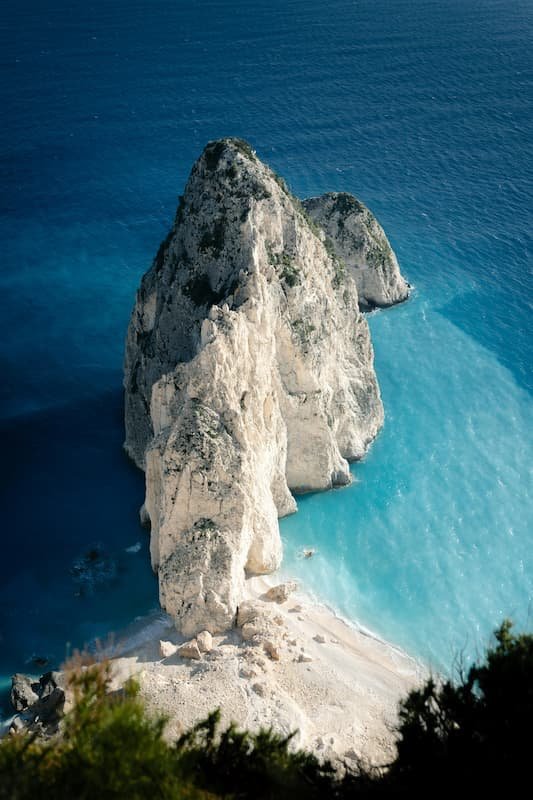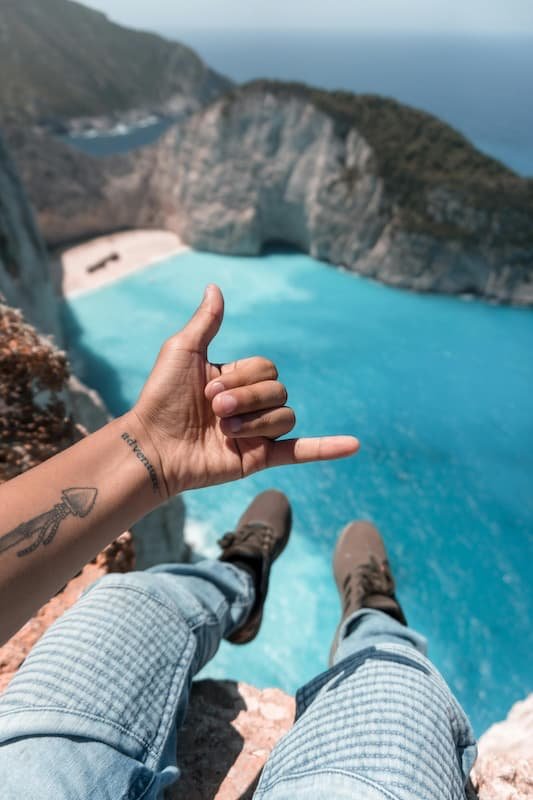
 Katie Wood
Freediver, Writer, Explorer
Katie Wood
Freediver, Writer, Explorer

 Katie Wood
Freediver, Writer, Explorer
Katie Wood
Freediver, Writer, Explorer
Bottom trawling, a fishing practice that involves dragging heavy nets across the ocean floor, is known for its devastating impact on marine ecosystems. It not only destroys vital habitats but also releases stored carbon into the ocean and atmosphere, contributing to climate change. In a historic move to address these environmental concerns, Greece has announced a ban on bottom trawling in all Marine Protected Areas (MPAs). This decision, unveiled by Prime Minister at the Our Ocean Conference, marks Greece as the first European nation to implement a nationwide prohibition of this destructive practice within its MPAs. The ban aims to protect marine biodiversity, enhance carbon storage, and promote sustainable fishing practices, setting a new benchmark for marine conservation.
The Greek Prime Minister announced a landmark decision at the recent Our Ocean Conference: Greece will ban bottom trawling in all Marine Protected Areas (MPAs). The practice will be prohibited in Greece's three national marine parks by 2026 and in all protected ocean areas by 2030. This makes Greece the first European country to implement a nationwide ban on bottom trawling in its MPAs, setting a new precedent despite existing restrictions across Europe.
"This is a historic moment for conservation in Greece," the Prime Minister stated. "We are investing 780 million euros to protect our diverse and unique marine ecosystems. We are expanding our marine protected areas by 80%, banning harmful fishing practices, and utilizing new technologies for monitoring and enforcement."

Beyond banning bottom trawling, Greece will protect two significant regions in the Aegean and Ionian seas by establishing the Ionian Marine National Park and the South Aegean Marine Protected Area (MPA). The Ionian Marine National Park, covering approximately 11.72% of Greek territorial waters, will protect important marine life such as sperm whales, Cuvier’s beaked whales, striped dolphins, and endangered monk seals. The South Aegean MPA, an essential habitat for seabirds, will encompass 6.61% of Greek territorial waters.
Greece is also committed to protecting 30% of its ocean area by 2030, with 10% strictly protected from damaging activities. This includes using advanced technology to monitor MPAs and study sea turtle movements for better protection. Additionally, the country aims to tackle plastic pollution and address issues related to shipping.

These measures align with global efforts to protect 30% of the ocean by 2030. Currently, only 8% of the ocean is protected, with a mere 3% fully shielded from harmful activities. Studies indicate that strictly protected areas offer more benefits than those allowing bottom trawling and other damaging practices.
Enric Sala, founder of Pristine Seas and National Geographic Explorer in Residence, praised Greece's initiative: "This historic move – a first for Europe – brings Greece closer to realizing the full potential of its MPAs, from protecting biodiversity and storing carbon to enhancing tourism and fishing industries. The ocean floor is the world’s largest carbon storehouse. Leaving it undisturbed is vital for curbing the climate crisis. Countries committed to controlling global temperatures, conserving biodiversity, and maintaining vibrant fishing industries must follow Greece's lead in ending this outdated practice in MPAs."